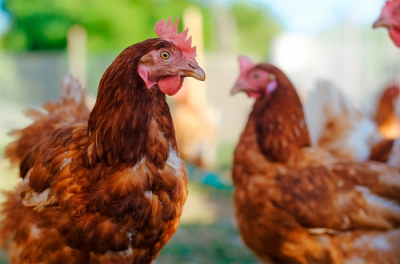

Antimicrobial Resistance Prevention
Antimicrobial resistance is a condition where antimicrobial, antiviral, and/or antibiotic drugs are no longer effective in killing a virus or bacteria. This resistance occurs due to changes in the characteristics of microorganisms such as bacteria, viruses, fungi, and parasites. This is certainly dangerous, especially for livestock to treat infectious diseases which can cause decreased production and even death.
Antimicrobial resistance in animals can also affect humans because resistant viruses in livestock will be difficult to eliminate and can be transmitted to humans. Antimicrobial resistance can occur due to several reasons, including unwise use of antimicrobials, use without indications, use that does not comply with the recommended dose, and transmission of resistant bacteria.
So, to prevent the occurrence of antimicrobial resistance, farmers should use any kind of antibiotics according to the usage procedures written on each product. Any pharmaceutical products used to protect against animal diseases must be in accordance with the recommendations of a veterinarian and the use must also be carried out by a veterinarian or under the supervision of a veterinarian.
You may also like

Probiotics’ Impact on Lowering Ammonia Levels and...
Air quality within poultry houses is a crucial fac...

The Role of Prebiotics in Supporting Gut-Associate...
Gut-Associated Lymphoid Tissue (GALT) is the large...

Gut Health, Strong Flock: The Key to Optimal Poult...
Poultry productivity, particularly in the broiler...